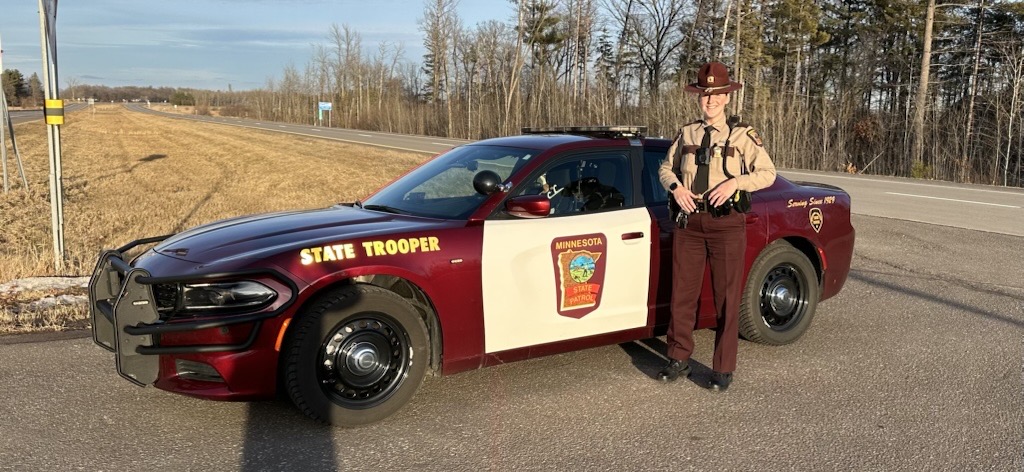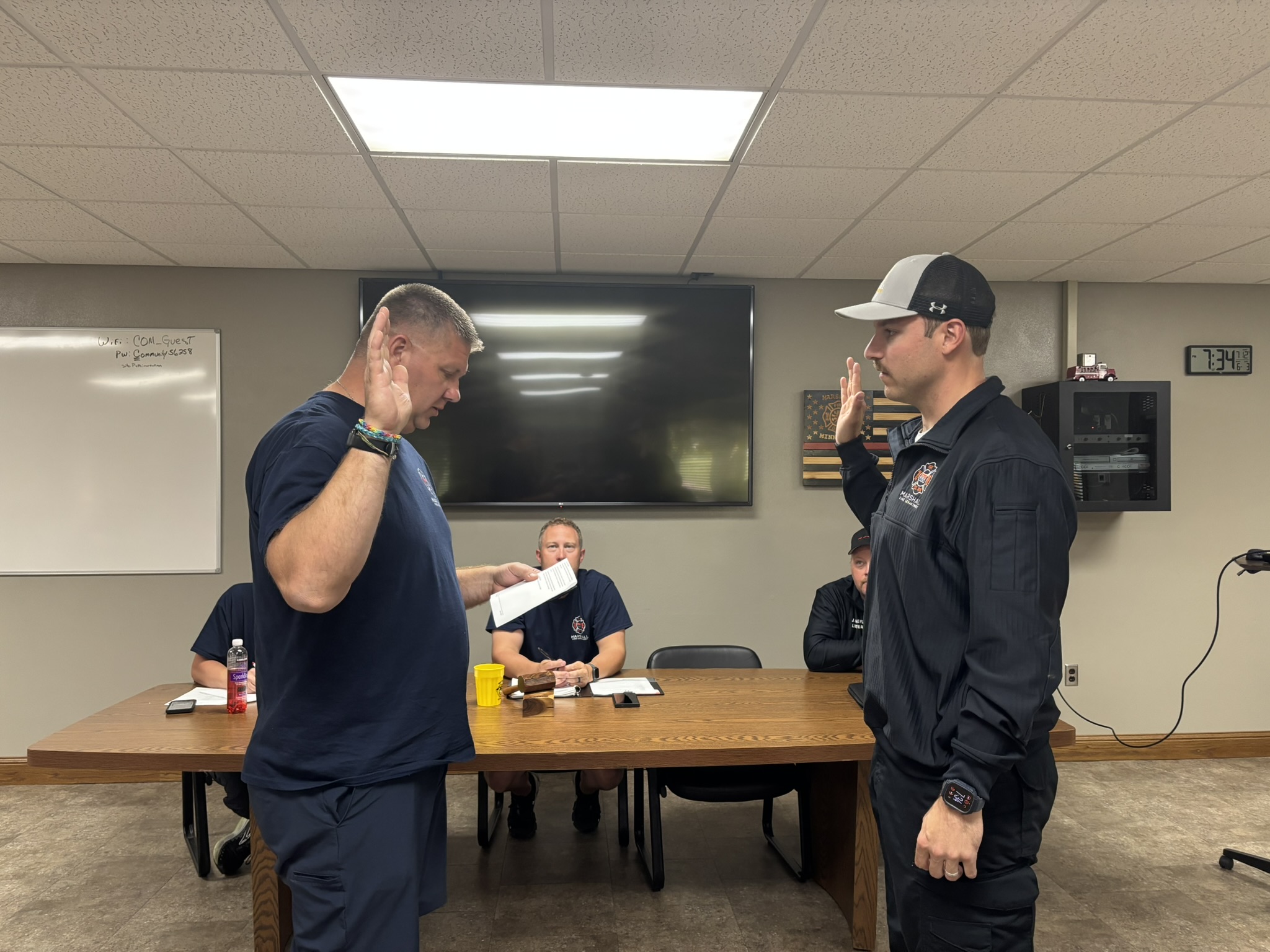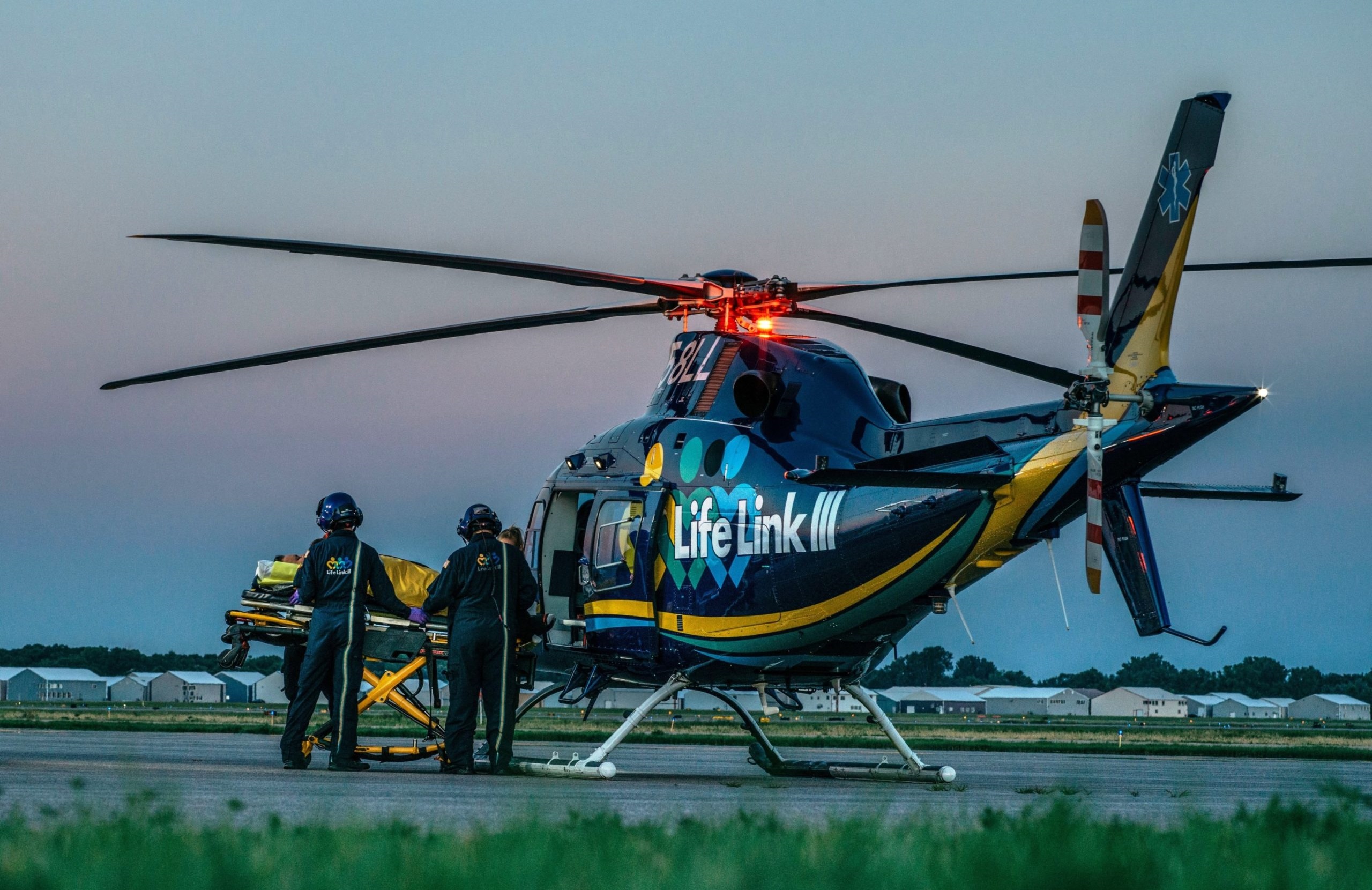ST. PAUL — Driving distracted puts everyone on the road in danger. Distracted driving contributes to an average of 28 deaths and 156 serious, life-changing injuries a year in Minnesota (2018-2022). That’s why law enforcement agencies and traffic safety partners are teaming up to educate motorists, enforce the hands-free cell phone law and help stop other distracting behaviors.
The distracted driving enforcement and awareness campaign runs April 1-30 and includes extra enforcement. The Minnesota Department of Public Safety Office of Traffic Safety (OTS) coordinates the campaign with funding from the National Highway Traffic Safety Administration. It includes advertising across Minnesota in support of the Toward Zero Deaths traffic safety program.
“We all lead busy lives and think we can multitask, but behind the wheel of the car is not the place to do that,” said OTS Director Mike Hanson. “You may not think a quick glance down at your phone or radio will do any harm, but that simple distraction can seriously injure or kill someone in an instant.”
Distracted Driving is Dangerous Driving
- More than 32,000 crashes were distracted driving-related from 2018-2022, contributing to one in 11 crashes in Minnesota.
- In 2022, preliminary figures show distracted driving contributed to 126 injuries and 22 deaths.
- Distracted driving contributes to 9 percent of crashes in Minnesota.
Distracted Driving Consequences
- Hands-free cell phone law: The law allows a driver to use their cell phone to make calls, text, listen to music or podcasts and get directions, but only by voice commands or single-touch activation without holding the phone. Remember, hands-free is not necessarily distraction-free.
- $100 or more including court fees for a first offense.
- $300 or more including court fees for a second and/or subsequent offense.
- If you injure or kill someone while violating the hands-free law, you can face a felony charge of criminal vehicular operation or homicide.
Drive Smart and Join Minnesotans Driving Distraction-Free
- Cell phones — Park the phone by putting it down, turning it off, placing it out of reach or going hands-free.
- Music and other controls — Pre-program radio stations and arrange music in an easy-to-access spot. Adjust mirrors and ventilation before traveling.
- Navigation — Map out the destination and enter the GPS route in advance.
- Eating and drinking — Avoid messy foods and secure drinks.
- Children — Teach children the importance of good behavior in a vehicle and model proper driving behavior.
- Passengers — Speak up to stop drivers from distracted driving behavior and offer to help with anything that takes the driver’s attention off the road.
Visit HandsFreeMN.org and DriveSmartMN.org for more information.



